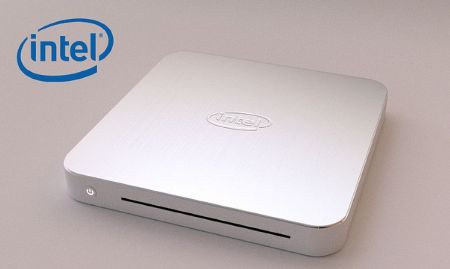 Smartphones and tablets have not just changed the way we shop online, they are also having an impact in brick-and-mortar shops, as many shoppers are using them to compare prices and read product reviews. But shoppers aren’t the only ones doing a bit of intelligence work on the ground, the retailers are responding in kind.
Smartphones and tablets have not just changed the way we shop online, they are also having an impact in brick-and-mortar shops, as many shoppers are using them to compare prices and read product reviews. But shoppers aren’t the only ones doing a bit of intelligence work on the ground, the retailers are responding in kind.
More and more retailers, or click-and-mortar outfits are gathering data from smartphone users in stores, reports AFP. They are simply using the smartphones to check what the shoppers are up to, where they are moving and what they are looking for. The practice is not going down well with privacy groups, but shops seem to like what they are getting and there are even a number of start-ups specialising in the field.
Of course, the data shops can collect is rather limited, but it is nonetheless useful. They can track users visits and their identities, learn how frequently the shoppers return, see what they are looking for in the shops and so on. The data allows them to better understand customer behaviour and to come up with ways of getting more return business and making better offers to potential customers.
Although privacy concerns are rather fashionable these days, thanks to America’s attempts to beat East Germany in spying on its own citizens, most of the data collected by the shops seems relatively harmless, as it doesn’t include any truly personal data, such as phone numbers, emails or credit card info. In fact, anyone who swipes a credit card in the shop is likely to be providing the shop with more valuable information.
It sounds like a benign and relatively harmless practice, but if it catches on it will undoubtedly draw more scrutiny. Not because it is dangerous or unethical, but because talking about privacy and data security is a pretty good way of getting on the telly and getting some free publicity.


















